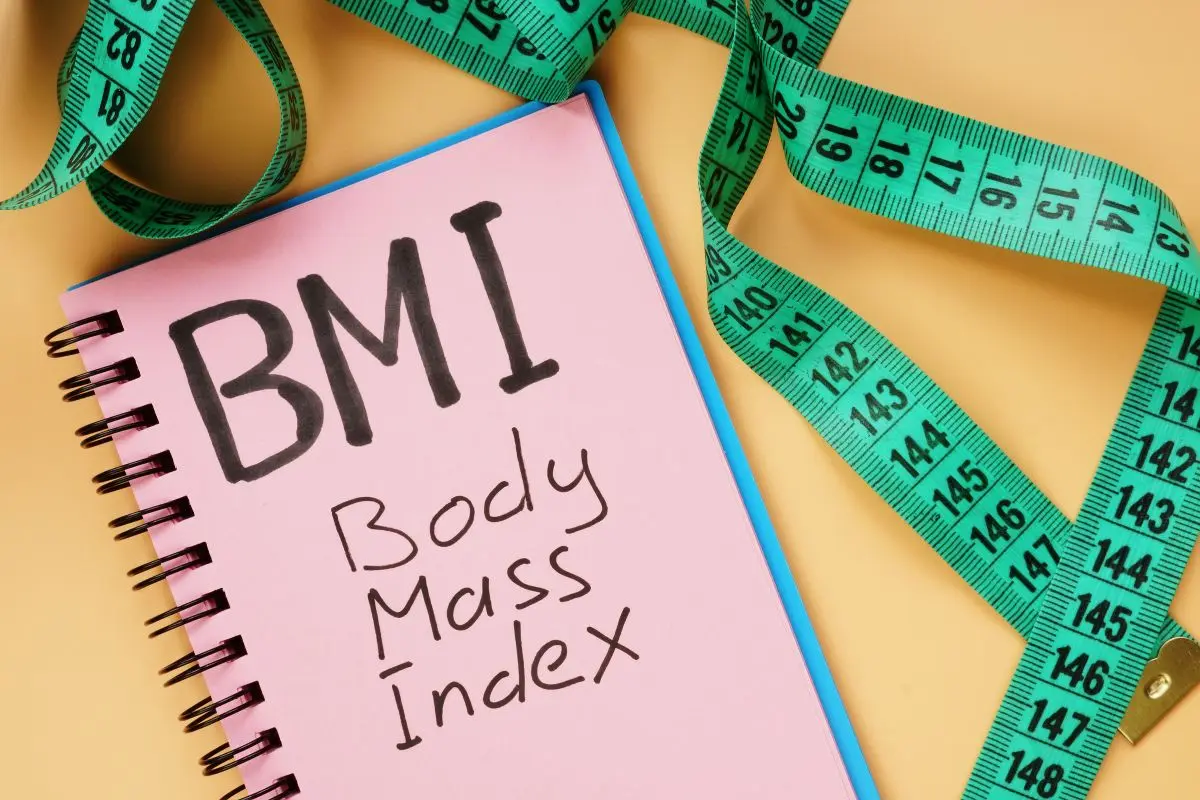Devised almost 200 years ago, the body mass index (BMI) has long been utilized as a health marker by many, but its reliability has come under scrutiny. In this article, we delve into the origins, workings, and controversies surrounding BMI to help you understand whether it truly deserves a spot in your health assessment toolbox.
A Glimpse into the History of BMI
The term BMI, or body mass index, was coined by statistician and sociologist Adolphe Quetelet in the 1830s. However, it’s important to note that Quetelet did not intend this index for medical evaluation. Fast forward to today, and opinions on BMI’s effectiveness as a health indicator remain divided. Can this age-old metric still provide valuable insights into our health, or is it time to reconsider its relevance?
Understanding BMI: The Basics
At its core, BMI is a straightforward calculation – your weight in kilograms divided by the square of your height in meters, expressed as kg/m². According to the NHS guidelines, a BMI falling between 18.5 and 24.9 is considered within the healthy weight range, with slight variations for different ethnic groups.
Also read: Zucchini: The 95% Water Vegetable that Boosts Weight Loss!
The complexity arises when dealing with individuals boasting higher muscle mass and bone density, as they might be classified as “obese” or “overweight” despite having well-defined muscle definition.
The Limitations of BMI
Muscle density differs from fat, which means individuals with high muscle mass may have a high BMI without being obese based on body fat percentage. Furthermore, BMI does not consider sex differences, which can lead to misinterpretation. However, dismissing BMI’s relevance for gym-goers isn’t entirely warranted.
The Crucial Role of Body Fat
The true concern lies in the accumulation of body fat, particularly around the waist and internal organs, as it elevates the risk of cardiovascular disease, diabetes, and various cancers. While more intricate methods such as Dexa scans or skin calipers exist for measuring body fat, BMI retains its position as a quick reference point.
Conclusion
In conclusion, while BMI may not be flawless, it still holds relevance as a quick indicator of potential health risks. By integrating it with other assessments and adopting a holistic approach to health, you can ensure that you’re taking proactive steps towards your overall well-being.
